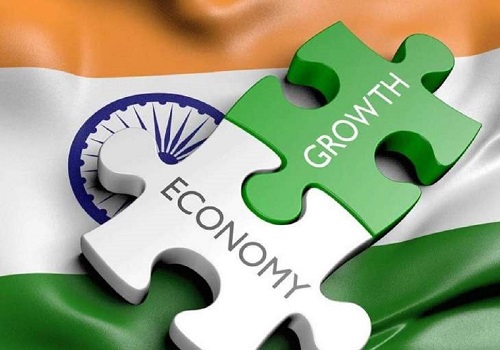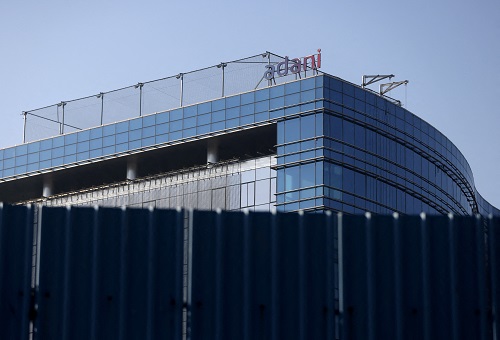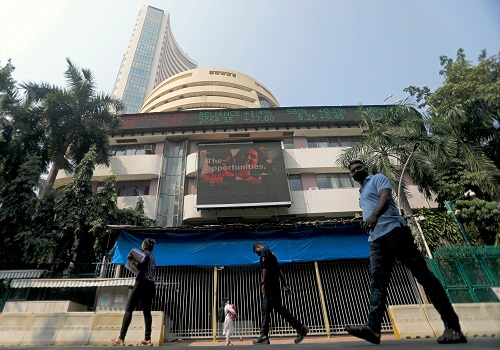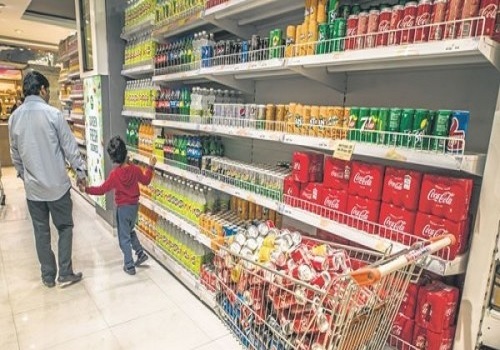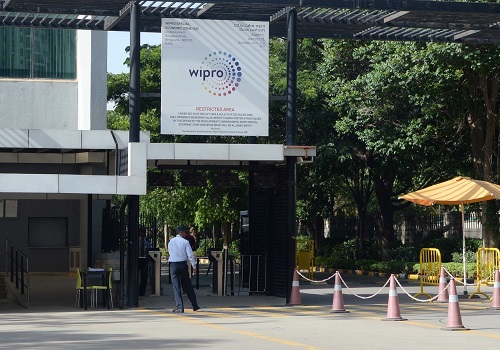Rising prices likely to moderate white goods demand: MOFSL

Follow us Now on Telegram ! Get daily 10 - 12 important updates on Business, Finance and Investment. Join our Telegram Channel
https://t.me/InvestmentGuruIndiacom
Download Telegram App before Joining the Channel
Rising prices due to high commodity costs is expected to moderate demand for white goods, said Motilal Oswal Financial Services (MOFSL)
At present, copper, plastics, steel, and aluminium form the key commodity inputs for the white goods sector.
In 2HFY21, almost all commodities were at multi-year high levels - copper, steel, aluminium, and polyprop were up 44 per cent, 38 per cent, 22 per cent and 29 per cent, respectively.
According to MOFSL, price increase of 5-10 per cent by companies across most categories have somewhat cushioned gross margins but will dampen the demand.
"The primary reasons for this are the large ticket sizes of the product categories vis-a-vis other product categories and the availability of substitutes," the report said.
"Price increases of 5-10 per cent taken by companies across most categories have somewhat cushioned gross margins."
Besides, high commodity prices took a toll on companies' gross margins in 3QFY21 and 4QFY21.
Furthermore, it said that although commodity costs weighed on gross margins, the EBITDA margins of most companies expanded by sustained cost rationalisation in employee expenses and reduced discretionary spends in other expenses, particularly ad spends.
"While part of the cost reduction is attributable to higher efficiency and cost engineering, some of the other expenses may be incurred once the Covid situation normalises."
In terms of preference, MOFSL said it prefers companies in the 'Electrical' space over 'Durables' in the current commodity price inflationary environment.
"Orient and Crompton are our top picks in the sector. Havells could also be a beneficiary in current times - as it is a premiumization story and hence not as susceptible to commodity price inflation."
